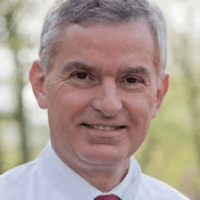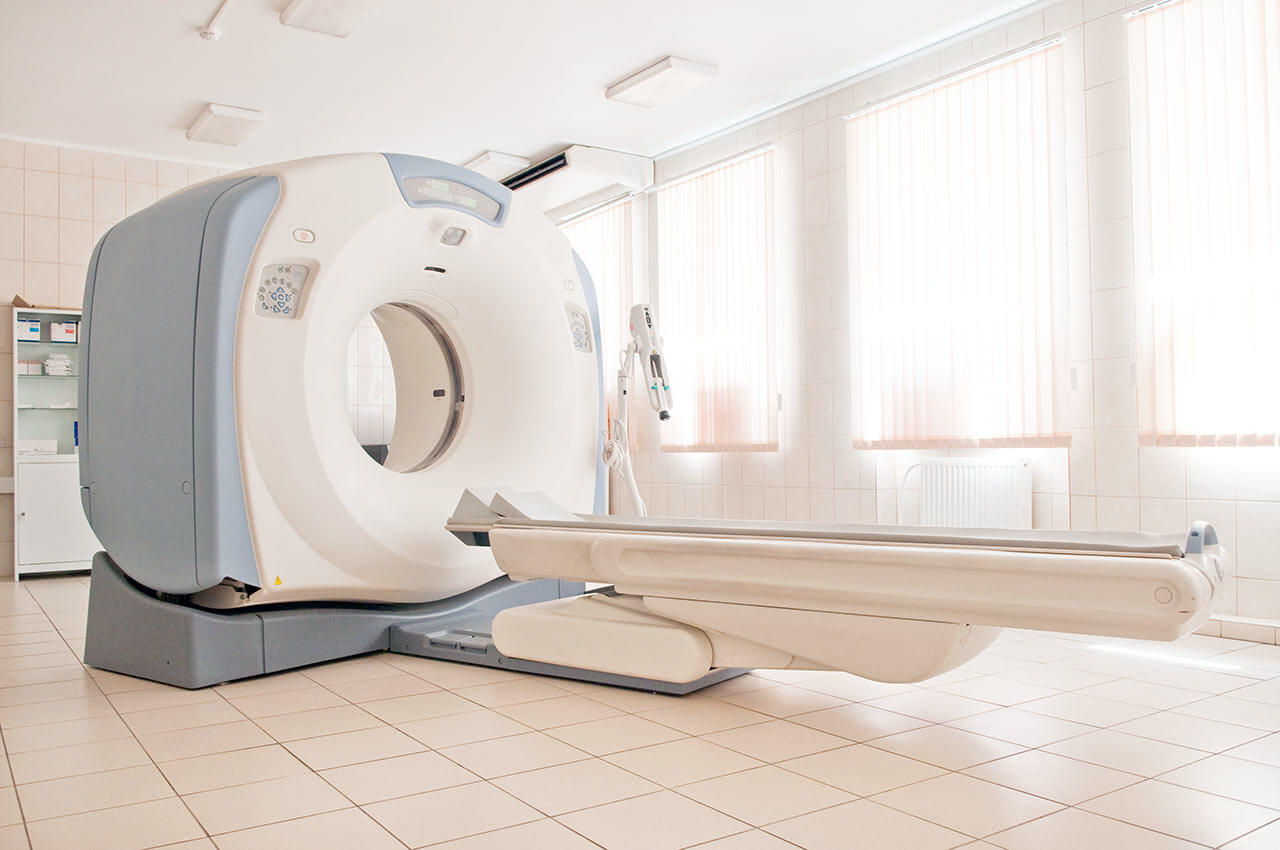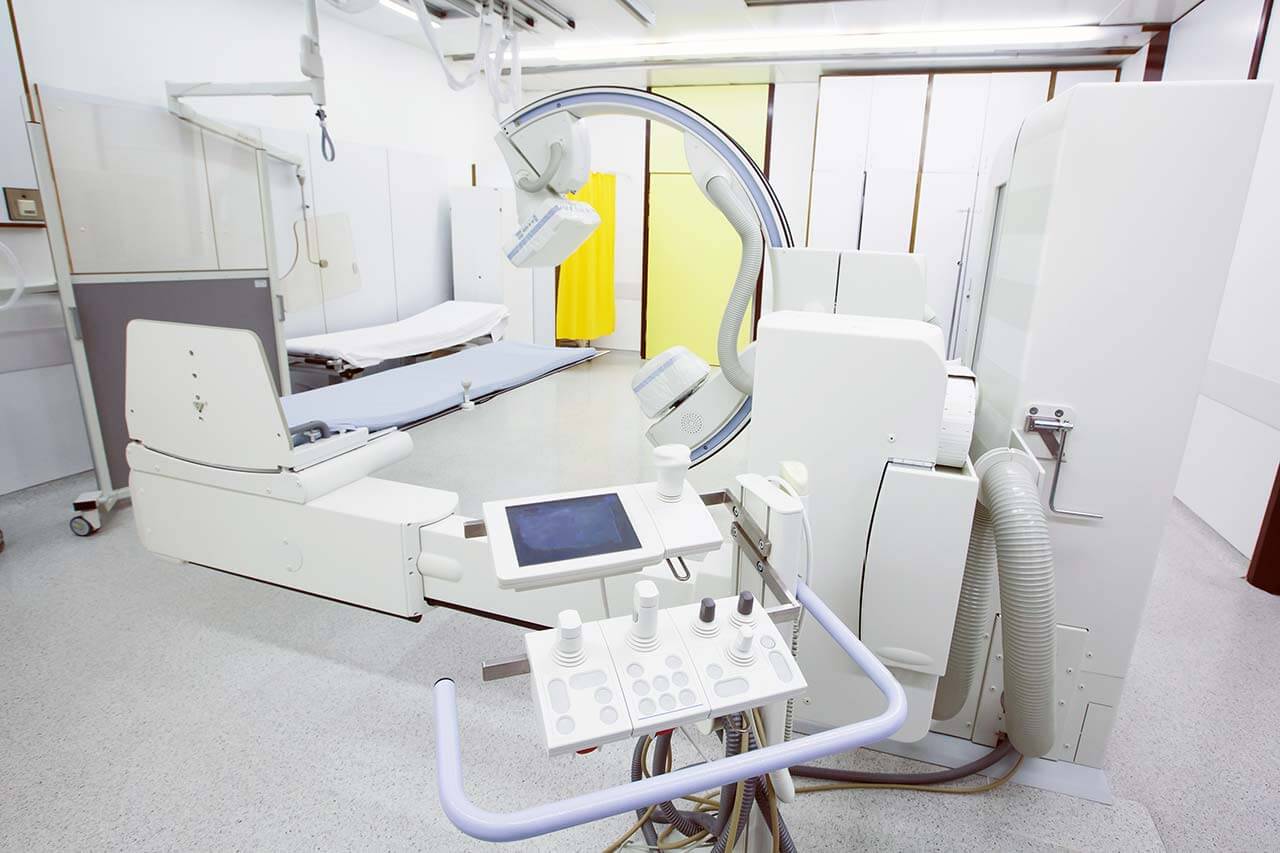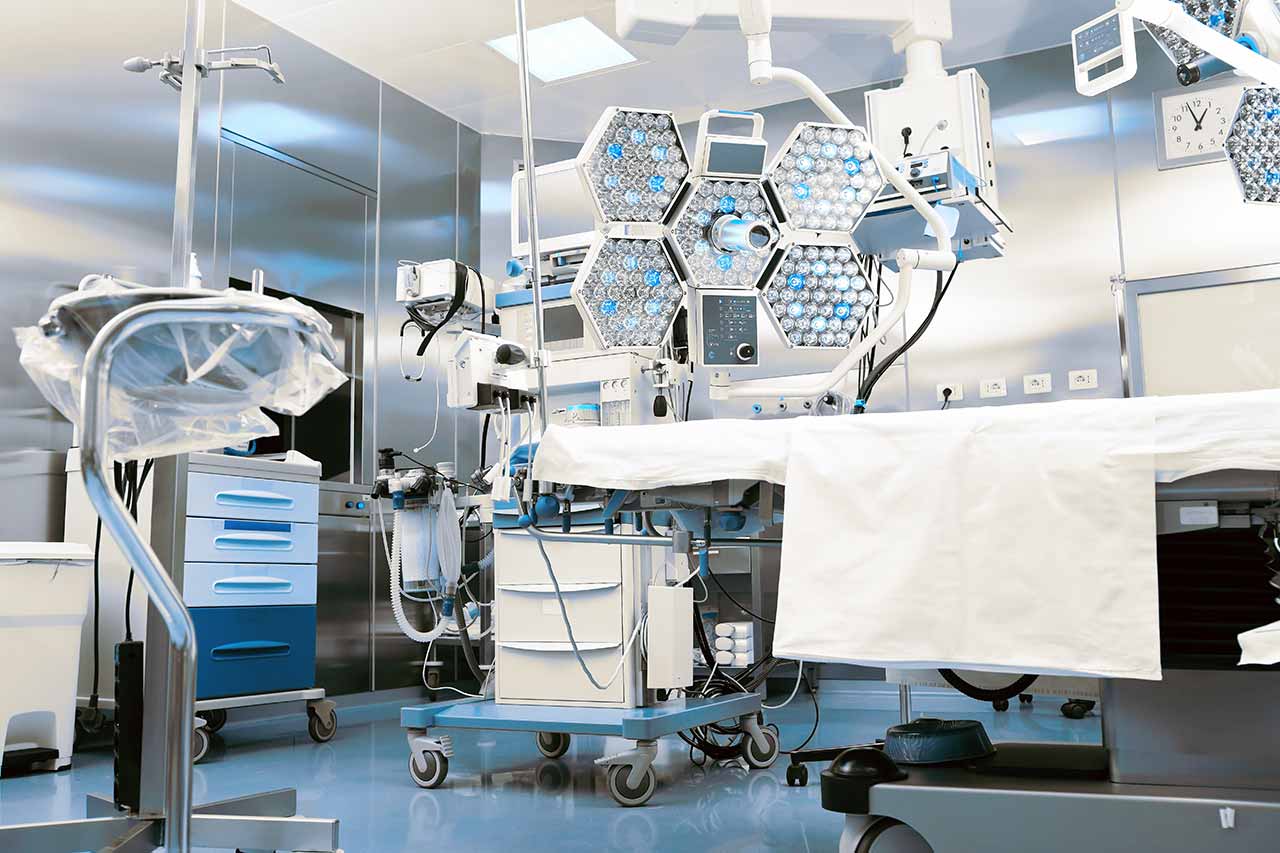
The program includes:
- Initial presentation in the clinic
- clinical history taking
- review of medical records
- physical examination
- urological examination
- laboratory tests:
- complete blood count
- general urine analysis
- α1-microglobulin in urine
- biochemical analysis of blood
- inflammation indicators (CRP, ESR)
- indicators blood coagulation
- ultrasound of the urogenital system
- renal biopsy if indicated
- histological examination
- consultation of related specialists
- symptomatic specific treatment
- the cost of essential medicines and materials
- nursing services
- control examinations
- full hospital accommodation
- developing of further guidance
Required documents
- Medical records
- Kidney US (if available)
- MRI/CT scan (if available)
Service
You may also book:
 BookingHealth Price from:
BookingHealth Price from:
About the department
The Department of Nephrology at the University Hospital Freiburg offers the full range of advanced diagnostic and therapeutic services in the treatment of all kidney diseases and arterial hypertension. The department is one of the leading medical institutions in Germany, which deals with treatment of hereditary kidney diseases (especially polycystic kidney disease). In addition, the department has a reputation of one of the largest German Transplant Centers specializing in monitoring patients after kidney transplantation. The outpatient clinic for care after kidney transplantation serves more than 1,200 patients every year. The department is headed by Prof. Dr. med. Gerd Walz.
The medical team of the department consists of highly competent specialists with deep expertise and excellent qualifications. The department is proud of its unique experience in diagnosing and treating diseasesб such as polycystic kidney disease, von Hippel-Lindau disease, pheochromocytoma, glomerulonephritis and kidney lesions in systemic diseases (for example, plasmacytoma, lupus erythematosus).
Renal replacement therapy (dialysis) is performed in a modern station designed for 18 treatment beds. Patient care is provided around the clock. The doctors and nursing staff of the dialysis station provide patients with quality individualized care.
The service range of the department includes:
- Diagnostics and treatment of all kidney diseases of any severity
- Diagnostics and treatment of arterial hypertension
- Living-donor kidney transplant
- Patient care after kidney transplantation (in a specialized outpatient clinic)
- Renal replacement therapy (dialysis)
- Hemodialysis
- Peritoneal dialysis (continuous ambulatory peritoneal dialysis)
- Continuous arteriovenous hemodialysis
- Continuous venovenous hemodiafiltration
- Plasmapheresis
- Immunoadsorption (removal of antibodies from plasma)
- Lipid apheresis
- Liver dialysis (MARS technique)
- Other medical services
Curriculum vitae
- Since 1999 Professor (C4) of Nephrology, University Hospital Freiburg.
- Since 1999 Head of the Department of Nephrology at the University Hospital Freiburg.
- 1995 - 1999 Attending Physician and Assistant Professor, Harvard Medical School, Boston, USA.
- 1992 - 1995 Training for Medical Specialist, Harvard Medical School, Boston, USA.
- 1992 Habilitation, Free University of Berlin.
- 1987 - 1992 Postdoctoral training at Harvard Medical School, Boston, USA.
- 1984 Doctoral degree, Free University of Berlin.
- 1983 - 1987 Assistant Physician, Faculty of Medicine, Free University of Berlin.
- 1976 - 1983 Study of Medicine at the Free University of Berlin and the University of Tuebingen.
Positions in Scientific Societies and Committees
- Since 2006 Academic Consultant, Institute of Nephrology, Changzheng Medical University, Shanghai, China.
Awards and Honorary Memberships
- 2011 Lilian Jean Kaplan International Prize for Advancement in the Understanding of Polycystic Kidney Disease.
- Since 2009 Member of the National Academy of Sciences Leopoldina.
- 2008 Ernst Jung Award.
- 1991 Special Fellowship, Leukemia Society of America, USA.
- 1989 Transplantation Award, ASTP.
Photo of the doctor: (с) Universitätsklinikum Freiburg
About hospital
The University Hospital Freiburg is famous for its rich history and is one of the oldest and most prestigious medical facilities in Germany (one of the three best medical institutions in the country). The hospital was based on the Faculty of Medicine of the Albert Ludwig University of Freiburg, which celebrated its 550th anniversary in 2007. It should be noted that the hospital is proud of its world-renowned specialists, many of whom during their work here have become Nobel laureates.
The medical facility represents all fields of modern medicine. It consists of 42 departments, 11 institutes and 10 interdisciplinary centers. The highly qualified doctors of the hospital deal with the treatment and rehabilitation of patients with both common and rare diseases. All departments and institutes of the hospital take an active part in fundamental researches of international scale, due to which patients have access to the very latest achievements of medicine, advanced diagnostic methods, state-of-the-art medical equipment and proven effective methods of therapy.
The hospital has a variety of medical achievements, for example, the world's first TIPS procedure, the first implantation of the Jarvik-2000 artificial heart in Europe, the first robotic-assisted surgery on the brain, and the first combined cardiopulmonary transplantation in the land of Baden-Württemberg. In 2004, the University Hospital Freiburg became the first German hospital, which performed kidney transplantation in the incompatibility of blood groups. At the moment, the hospital belongs to medical centers with the greatest experience in performing such an operation.
An interdisciplinary approach to treatment, highly qualified staff, as well as individual patient care and a pleasant environment are key to the hospital’s success.
Photo: (c) depositphotos
Accommodation in hospital
Patients rooms
The patients of the hospital are provided with comfortable rooms with a pleasant design, which create a conducive atmosphere for recovery. The standard furnishing of the patient room includes a telephone, a free radio and TV, a device for calling medical staff, lockers and a safe, an adjustable bed, a chair and a table. The pediatric departments are designed with play areas. The patient may be accommodated in a single or double enhanced-comfort room (for example, with an ensuite bathroom) at an additional cost.
Meals and Menus
The patients are offered good three meals a day with a large selection of dishes. The patients inform about their wishes to the menu in advance, and this information is transmitted to the kitchen. Throughout the day, patients may drink mineral water and tea, which can be found in the department on special tables. The bedridden patients receive drinks from the nursing staff. Other drinks may be purchased at the hospital’s cafeterias and bistro, where patients can come along with visitors.
If you do not eat some products due to intolerance or other personal reasons, please notify the nursing staff in advance, so that all your wishes to be taken into account when preparing the menu.
Further details
Standard rooms include:
Television
All patient rooms have a free radio and TV. The patients can also watch the hospital’s own 24-hour channel with a varied program and interesting information.
Accompanying person
At the availability of free beds, the accompanying person may be accommodated in the same room with the patient, at an additional cost. In addition, the hospital offers special accommodation conditions for patients requiring long-term hospitalization. Parents have at their disposal special apartments in the children's hospital.





